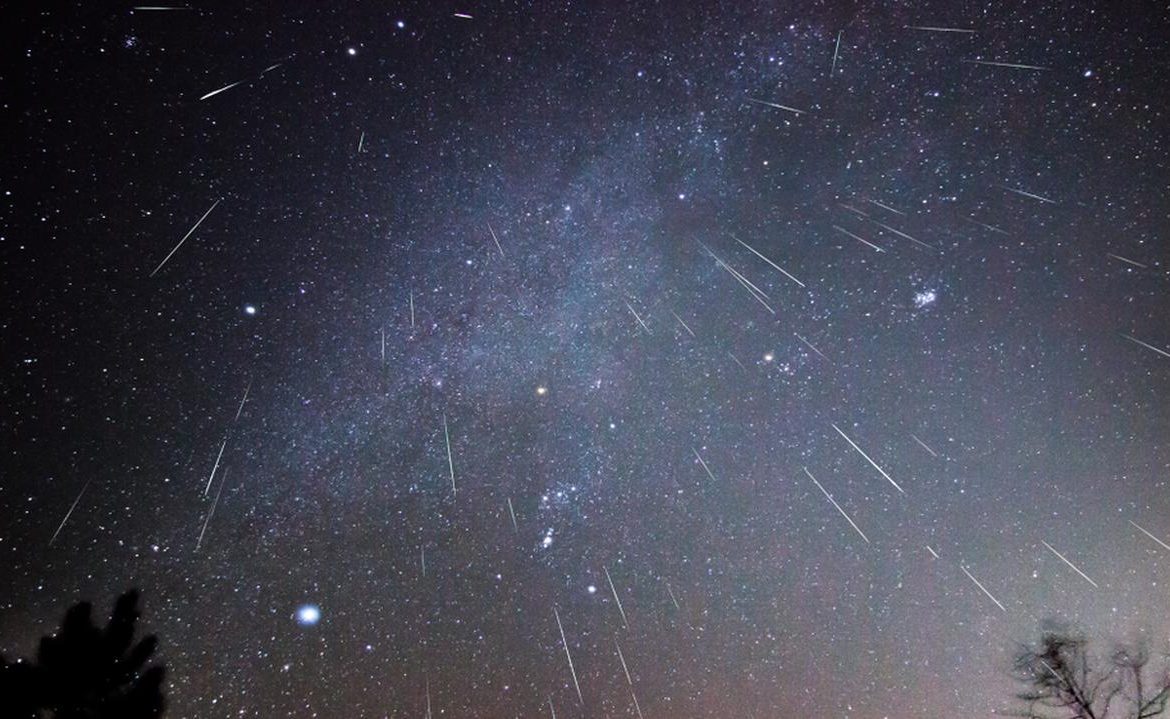Between May 19 and June 19 each year, a shower of meteors from the constellation Hercules can be seen from Earth. Although tau Herkulids are not usually the most active of the swarms, this year they can give us an amazing show. There will be a chance to see them in the Polish sky.
Meteor showers are a phenomenon that occurs when the Earth passes through a cloud of particles of matter left over by comets. Falling stars are actually rocky and icy crumbs that will not have time to burn up in the upper atmosphere of our planet, but will fall to the bottom, leaving behind a fiery trail.
meteor showershutterstock | Illustrative image
“all or nothing”
Tau Herkulid meteors come from comet 73P/Schwassmann-Wachmann 3. As it orbits around the sun, the celestial body slowly disintegrates, leaving behind a lot of dust and debris. When the comet’s fragments burn up in the atmosphere, it seems to observers on Earth that it originated in the constellation Hercules, hence the phenomenon’s name.
While these falling stars are generally faint and few in number, Bill Cook of NASA’s Metroid Laboratory (MEO) predicts that they may surprise us this year.
“It would be an all-or-nothing event,” Cook says. – It all depends on the speed with which the parts move. He explains that if the speed exceeds 350 kilometers per hour, we will see a real meteor shower, but if the speed is lower, there will be no meteors from this comet.
meteor showershutterstock | Illustrative image
Morning meteor shower
Astronomers expect the peak of this phenomenon for this year to be on the night of May 30-31, at 1 a.m. Eastern Time (EDT). In Poland it will be seven in the morning. At this time of day, the sky will light up, so astronomy enthusiasts should start observing the falling stars a little earlier. The moon will then be a new moon, which will make it easier to see flares in the atmosphere.
It is noteworthy that the Hercules tau may be invisible in the city, because artificial light makes astronomical observations difficult. We will see them more clearly in the so-called dark sky parks – areas free from light pollution.
meteor shower shutterstock | Illustrative image
Main image source: stock struggle







